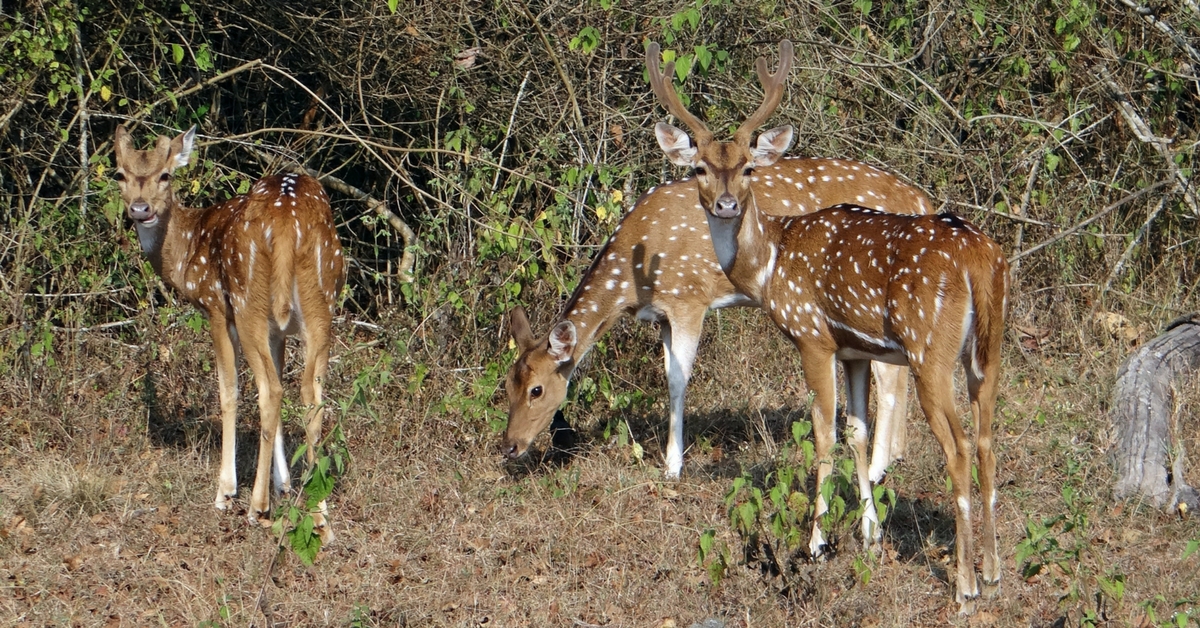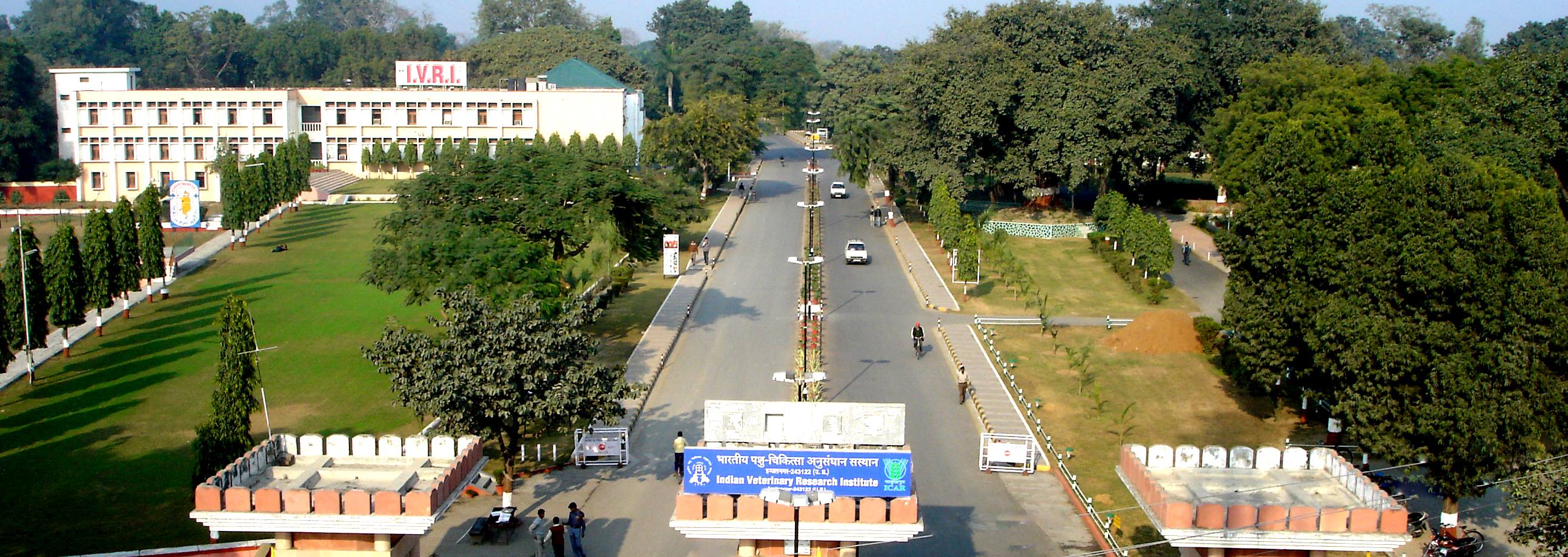A DNA Bank for Wild Animals? Bareilly Scientists Hope It Will Keep Poaching in Check
Set up by a team of scientists at the Indian Veterinary Research Institute in Bareilly, this DNA bank will be the first of its kind in North India.

At the Indian Veterinary Research Institute (IVRI), located in Uttar Pradesh’s Bareilly district, scientists are busy analysing the DNA of an array of wild animals, from tigers to deer. It is a busy time for the team, as they are gearing up to establish a DNA bank for wildlife.
Slated to start operations by the end of this year, the DNA bank for wild animals is the first of its kind in North India.
 The IVRI campus in Bareilly, Uttar Pradesh. Source: Facebook
The IVRI campus in Bareilly, Uttar Pradesh. Source: Facebook
IVRI is only the second institution in the country to house such a bank for wildlife DNA records. The Laboratory for the Conservation of Endangered Species (LaCONES) in Hyderabad has the only other DNA bank in India. The bank has been conceptualised by Dr. Raj Kumar Singh, director of IVRI.
Anil Kumar Sharma, principal scientist and in-charge of the Centre for Wildlife at IVRI, told The Hindu that the team has already collected 140 samples from 25 wild animals.
“We are making a baseline data of different animals. Every time we receive some identified specimen, viscera, skin or part of the body of a wild animal from either forest department or zoo, we take out the DNA,” he added.
Having a DNA bank of wild animals can be crucial for research and conservation efforts. It is also expected to keep poaching in check, and also control the cost of sending specimen over to the LaCONES facility in Hyderabad for testing.
You might also like: Meet the Indian “Spider-Man” Who Introduced Six New Species of Spiders to the World
Over a period of one year, the IVRI has collected samples of animals such as leopards, lions, elephants, deer and rhinos. Having a DNA bank would enable scientists and conservation groups to identify species accurately, particularly so when unknown meat, hair, blood or any other samples are recovered.
DNA testing can also determine whether the animal belonged to an endangered species, and the scientists are also compiling serum samples, which can be particularly useful in identifying whether the animals may have suffered from any diseases.
Once the bank becomes fully functional, the scientists will start accepting external samples, from forest departments and conservation bodies.
Like this story? Or have something to share? Write to us: [email protected], or connect with us on Facebook and Twitter.
NEW: Click here to get positive news on WhatsApp!

Similar Story

India’s First Vertical Sea Bridge: 8 Things To Know About the New Pamban Bridge
As India’s first vertical lift railway sea bridge, the new Pamban Bridge, is set to reach completion by March next year, here’s some facts you should know about this technological marvel, which connect Rameswaram to mainland India.
Read more >
If you found our stories insightful, informative, or even just enjoyable, we invite you to consider making a voluntary payment to support the work we do at The Better India. Your contribution helps us continue producing quality content that educates, inspires, and drives positive change.
Choose one of the payment options below for your contribution-
By paying for the stories you value, you directly contribute to sustaining our efforts focused on making a difference in the world. Together, let's ensure that impactful stories continue to be told and shared, enriching lives and communities alike.
Thank you for your support. Here are some frequently asked questions you might find helpful to know why you are contributing?


This story made me
-
97
-
121
-
89
-
167












